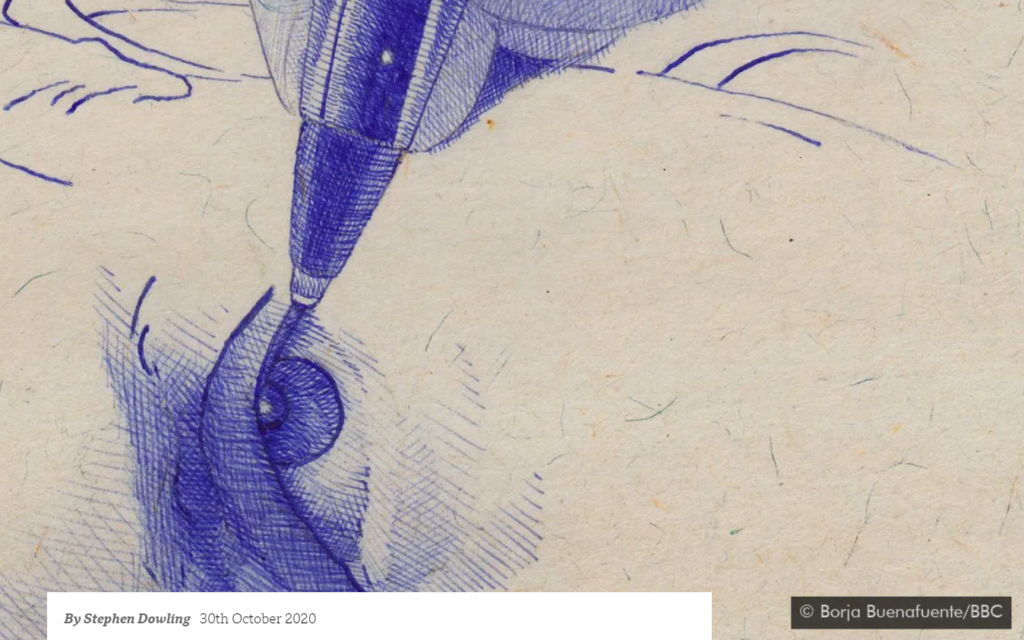
Fountain pens were a stylish statement but messy and impractical. Their replacement was a stroke of design genius perfectly in time for the era of mass production.

For some it’s a habit, while others avoid it at all costs – but talking to strangers has unexpected benefits for our wellbeing.

The accents that creep into the way we speak can reveal a lot about where we are from, but there are also subtle clues visible in our faces and the way we move.

The search for the “elixir of youth” has spanned centuries and continents – but recently, the hunt has centred on the Okinawa Islands, which stretch across the East China Sea. Not only do the older inhabitants enjoy the longest life expectancy of anyone on Earth, but the vast majority of those years are lived in remarkably good health too.

Thomas Ormerod’s team of security officers faced a seemingly impossible task. At airports across Europe, they were asked to interview passengers on their history and travel plans. Ormerod had planted a handful of people arriving at security with a false history, and a made-up future – and his team had to guess who they were. In fact, just one in 1000 of the people they interviewed would be deceiving them. Identifying the liar should have been about as easy as finding a needle in a haystack.